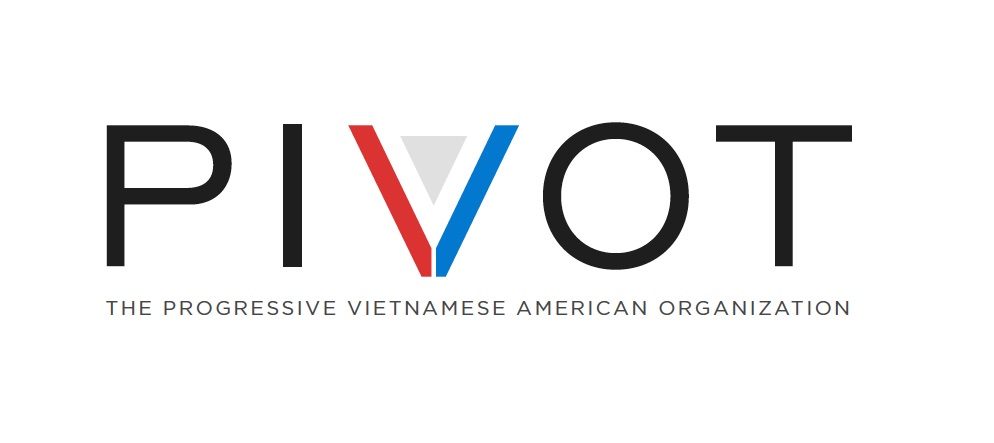We Were Once These Families
/June 22, 2018
Thu Quach, PhD, PIVOT Policy Committee Chair
My family – my parents, two siblings and myself – escaped from Vietnam in 1979 by boat and arrived in the US as refugees. We were among the 800,000 boat people who braved the perilous journey, risking our lives for the sake of survival. I often tell my two sons that we were one of the lucky families who remained together. Many families were not so fortunate.
In the earlier years after our arrival, my parents had to find ways to make ends meet. Aside from working long hours, they would rent out one of the rooms in our three-bedroom home. Renters were often single men, a couple, or small family. They often would stay for about a year or less, until they could find more permanent housing.
One time though, my mother decided to make an exception and take in a larger family – a father, his elderly mother, and three young sons. It was an unusually large family to add to our own family of five. We soon learned the reason why.
In eavesdropping on the conversations between my mother and the grandmother, I learned why these three young boys, all under the age of twelve, had no mother. During their journey by boat, their mother along with the younger women and girls were taken by Thai pirates. The young boys witnessed their mother and other women being violently taken from the boat at the border of Thailand. And no one knew whether they survived.
I remembered the three boys, the older one being very quiet and sullen, the middle one more talkative yet still reserved, and the younger one, who was around my age (maybe seven or eight years old) very clingy to his grandmother. I remember one time getting into a fight with the youngest son, which often happens when kids are playing. My mother and his grandmother came out, and my mother instantly yelled at me, telling me that I was at fault. I thought she was being really unfair. She later came into our room to tell me why she did what she did. For my mother’s heart was aching for these boys, and she wanted for him, even if just for a brief moment, to feel a mother’s protection.
Years later, while in college, I learned in my Asian American studies course about “compassion fatigue” and the lengths that the government would go to discourage boat people from entering their shores, including turning a blind eye to rising piracy and pushing boats back out to sea where many would drown or become victims of piracy. Yet, the boats kept coming because the dangers at home outweighed the dangers at these borders. And these inhumane tactics by the government are ineffective, and only produced casualties – those dead and those left behind, traumatized by the loss and what they had witnessed.
Recently, Attorney General Jeff Sessions stated that this Administration will carry out a “zero tolerance” policy towards illegal immigration by ripping children from their families to dissuade those seeking asylum at the borders. “We will prosecute you, and that child will be separated from you as required by law.” More than 2,300 children – that number growing by the day – have been taken from their parents. On June 20, 2018, President Trump signed an executive order to end the separation, but it provides no process for the already-separated families to be united, and offers no real end to the cruel treatment of immigrant families.
I am reminded of that family with the three boys. Their tragic separation from their mother still haunts me, now more than ever, as a mother of two young boys. In my eyes, what our government is doing is no different than the crimes committed at sea by those pirates and the government that allowed them to do so, and even backed them up.
As a refugee, whose parents made that hard decision to risk all our lives in search of possible survival, I empathize with those families at the border. I dare not cast judgment on their decision to seek refuge, for I was one of them.
As a refugee, I oppose the actions taken by our government, knowing that it is ineffective and inhumane. These crimes against children are crimes against humanity.
As a refugee, I urge other refugees to stand in solidarity and strongly oppose the separation of children from their families or any ongoing persecution of these families.
Because we were once these families.
